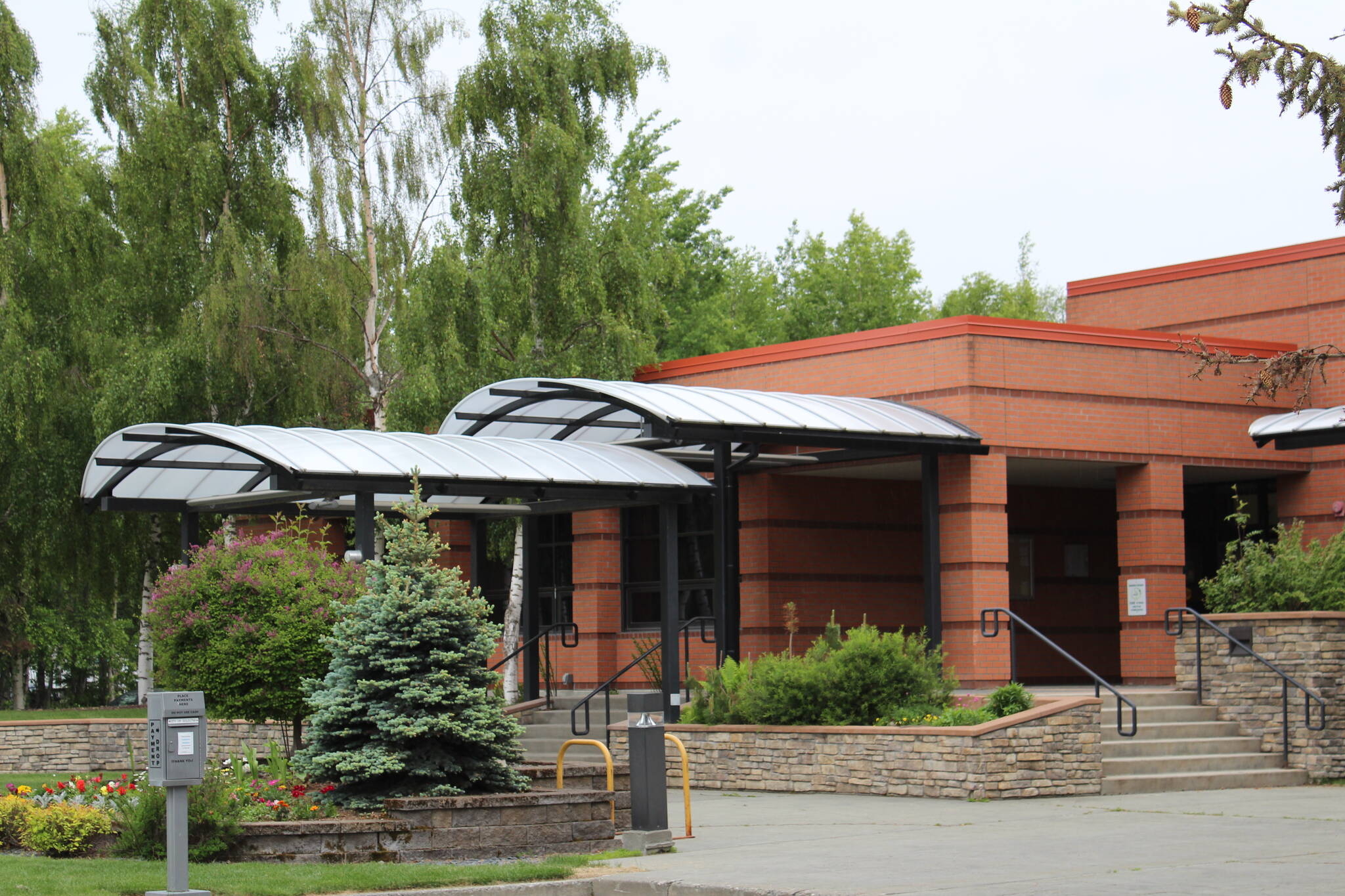An ordinance introduced by the Soldotna City Council during their Wednesday night meeting would enact a new tax on city businesses that provide lodging, sometimes called a bed tax.
The ordinance, sponsored by Soldotna Vice Mayor Parker, would impose a 4% lodging tax on all reservations made within the City of Soldotna. The tax would apply to all hotels, motels, inns, lodges and short-term rentals, such as Airbnbs and Vrbos.
The tax would be paid for by guests and “lodging” would be defined as a structure or portion of a structure that is occupied or intended for occupancy by guests for dwelling or sleeping purposes.
Soldotna businesses that provide lodging would newly be required to obtain a certificate of registration from the city and be subject to a $250 fine for not obtaining that registration or for unlawfully operating a lodging business. People staying overnight in Soldotna for government purposes would not be charged a lodging tax.
In bringing the ordinance forward, Parker wrote in an Oct. 25 memo to council members that improvements to city amenities over the last 10 years have contributed to a 42% increase in Soldotna’s tourism taxable sales during the same time period. Soldotna, she said, serves as an “economic hub” for the peninsula and will draw more visitors through projects like the Soldotna Field House.
Parker said she has discussed implementation of a city lodging tax with city staff since 2019, and that she’s worked with the Soldotna Chamber of Commerce and Soldotna’s lodging establishments to get their input.
The revenue generated from the 4% tax, Parker wrote, would be used to promote city tourism. During the most recent fiscal year, Parker said the City of Soldotna took in about $6.1 million in sales tax revenue from lodging operators. The additional 4% tax, she said, would have generated an extra $243,000 for the city in 2023.
“These funds would be used to promote tourism and tourism related activities like the Soldotna Field House and Regional Sports Complex,” Parker wrote. “Revenues collected from a lodging tax, while deposited in the City’s general fund, could be used to fund the Soldotna Visitors Center along with providing improvements to parks, trails, and playgrounds.”
Though only up for introduction during Wednesday’s meeting — council members are not currently scheduled to vote on the move until mid-December — letters of opposition have already been submitted from two of Soldotna’s largest lodging outfits.
Carol Fraser, the vice president of Aspen Hotels of Alaska, wrote in an Oct. 24 letter to council members that she opposes the ordinance because Soldotna hotels are already “inequitably taxed” by the city sales tax, which is not capped for businesses that provide lodging. Further, Fraser said, hotel revenues have not returned to pre-COVID levels but costs have continued to rise.
“We are very much against this Ordinance for its targeted taxes on one sector of the industry: Tourism, which already pays more than its fair share of all taxes that support the operations to run our community,” Fraser wrote.
Michelle Dix, Rolf Manzek and Jackie Manzek, writing on behalf of the Kenai River Lodge, challenged the idea that hotel occupancy has increased alongside tourism, saying that their occupancy was down 10% this year from last year. They attributed that decrease due to limits on King salmon fishing.
“All businesses benefit from the activities Soldotna offers,” they wrote. “Don’t put the burden of taxing only one industry.”
Soldotna City Council member Dave Carey said during Wednesday’s meeting that he also opposes a lodging tax.
“Out of respect for members of the council and administration, I almost never oppose the introduction of anything, and so I will not oppose the introduction of Ordinance 2023-34 … but I certainly am opposed to it,” Carey said.
The city council will hold public hearings on the ordinance during its Nov. 8 and Dec. 13 meetings. Wednesday’s Soldotna City Council meeting can be streamed on the city’s YouTube channel.
Reach reporter Ashlyn O’Hara at ashlyn.ohara@peninsulaclarion.com.

